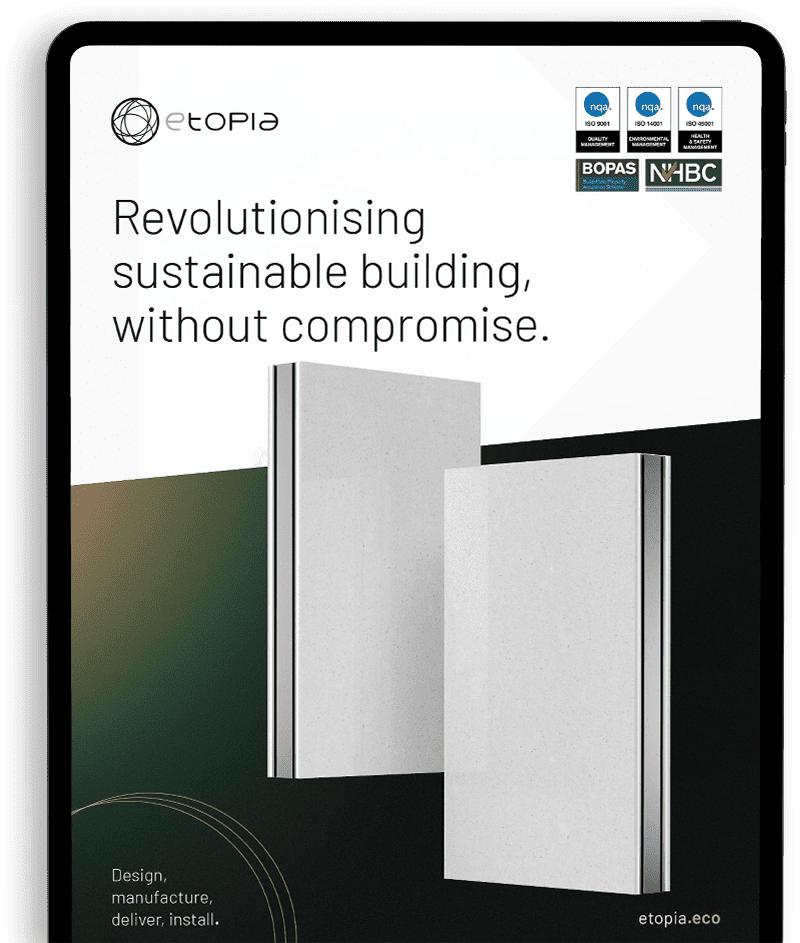Thirty years ago, I began my career in housing as a Junior Housing Clerk, and although it doesn’t feel that long ago, the technology available to us then was limited. Mobile phones and home computers weren’t available and for those who could afford it, there was the option of BSB Satellite TV. In the present day, technology has revolutionised every aspect of our lives, from medicine to how we shop. We have become increasingly aware of the impact our reliance on fossil fuels has on the planet, and technology is being used to reduce our carbon output. Everything from wind and solar farms to electric cars, recycling, and more efficient batteries have resulted in incredible advances which, if someone had told me about thirty years ago, would have seemed like science fiction.
Thirty years ago, there were three main issues facing affordable housing: not enough housing, poor quality housing, and fuel poverty. Unfortunately, all these issues still exist today, and the housing sector, along with successive governments, have failed to make any fundamental changes. If the same level of technological innovation that has been applied to the automotive industry was applied to house building, we could be delivering more energy efficient homes at speed, and free from the quality issues that other construction methods bring.

A tradesman from a construction site 100 years ago could be picked up and dropped onto a site in 2022 and, after admiring the impressive plant machinery, be able to continue to work with minimal impact. This is a testament to the resilience of the construction industry. However, while the construction industry has seen some progress, the housebuilding industry has not kept up with the same pace as the automotive industry. Despite the proposed Future Homes Standard, the cost-of-living crisis, and the awful case of Awaab Ishaak in Rochdale, many developers and contractors are still not building energy efficient homes. This means residents are having to choose between heating and eating, leading to poor health and stress. It is time for the housebuilding industry to embrace modern methods of construction (MMC) and deliver energy efficient homes that are safe, warm, and affordable in every sense of the word.
I have always known, from first-hand experience, that where and how you live can have an immense impact on all aspects of life. Poor housing conditions, such as cold and damp homes, can lead to illnesses, absences from school and work, and even the need to choose between heating and eating. We need to do better; ask yourself, if not now, then when? What is it going to take for MMC to become the norm and a focus to building energy efficient homes? In February 2020, an article by Owen Jones in the Independent highlighted this issue and stated that 3,000 people would die that winter because of fuel poverty. Sadly, this number has likely grown exponentially since then. People are perishing in the UK today simply because they can’t afford to keep their homes warm. With collaboration and determination to make a change, we can ensure that in 30 years’ time, we are able to look back and see the same advances in technology applied to housing development, and the world is a better place for it.
I am making a personal commitment to do all I can to ensure that come 2052, I can look back and see that technology has been applied to housing development, and that everyone has access to a safe, warm, and affordable home, with the ice caps still intact.
Download a copy of our brochure.

CONTACT ETOPIA
Ready to talk about your next build?
If you have any questions at all please reach out to us via the form. We’re always happy to talk.
Other enquiries can be made to info@projectetopia.com.


